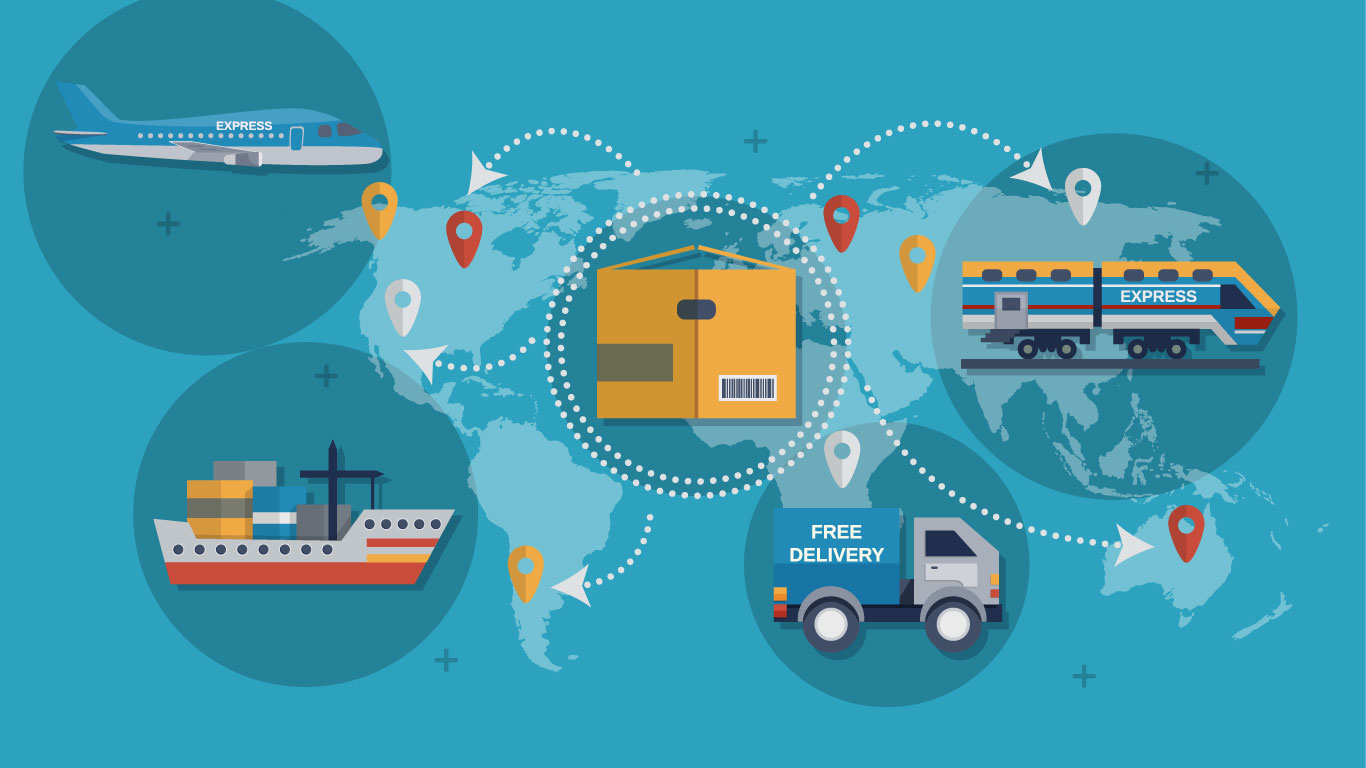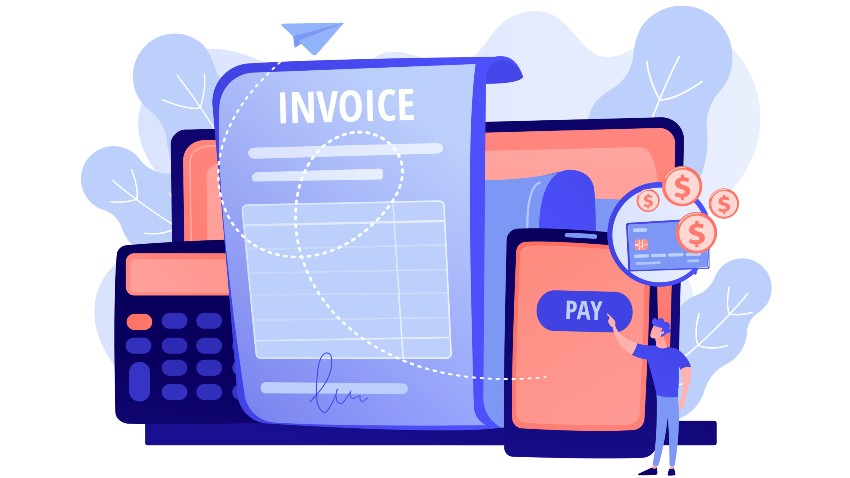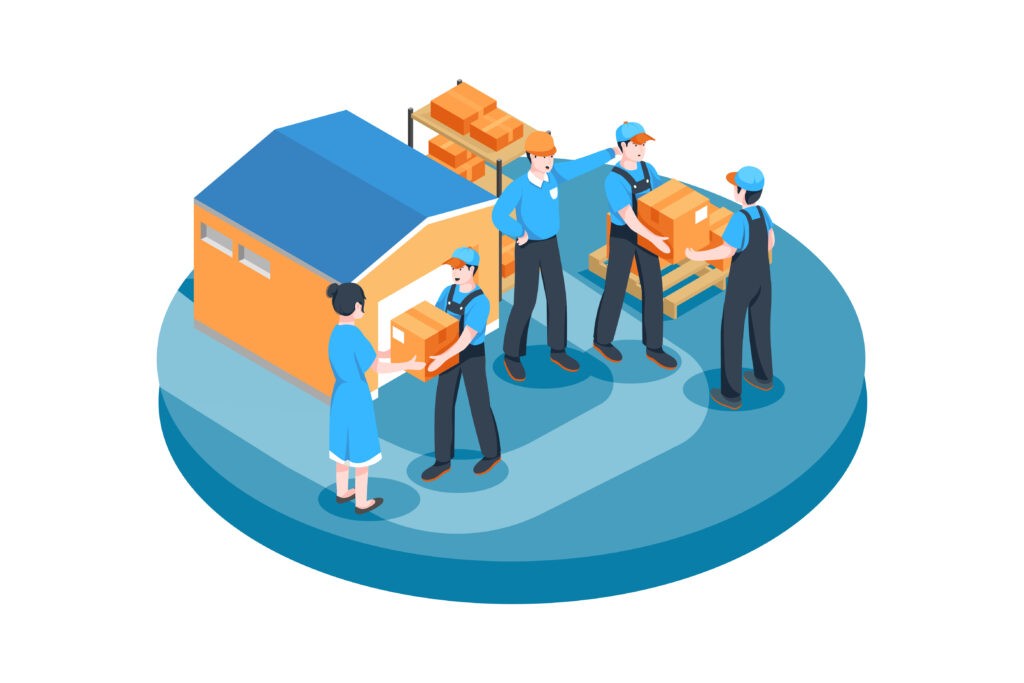Delving into Fourth Party Logistics: The Future of Supply Chain Management
Let's get this rolling with a bang, "What is Fourth Party Logistics?" It's a term that's been buzzing around in the logistics industry. You might be familiar with Third Party Logistics (3PL), but Fourth Party Logistics (4PL) takes things to a whole new level.
The Gist of Fourth Party Logistics
Essentially, a 4PL provider is the conductor of your supply chain orchestra. It's the entity that not only oversees the logistics operations but also manages and integrates all aspects of the supply chain.
In contrast to 3PL providers who execute logistics functions, 4PL providers take a strategic role, assessing, designing, and building comprehensive supply chain solutions. They manage all resources, capabilities, and technology of your company’s supply chain and its providers.
Scope of 4PL Services
Now that we've looked at what Fourth Party Logistics is, let's dive into the services that 4PLs provide.
4PL providers work as an integrator that assembles the resources, capabilities, and technology of its own organization and other organizations to design, build, and run comprehensive supply chain solutions.
They offer a wide range of services including: supply chain consultation, network analysis and design, carrier and rate negotiations, real-time tracking and tracing, and even reverse logistics.
Advantages & Disadvantages of 4PL
Like everything else, 4PL services come with their own set of pros and cons.
On the plus side, a 4PL provider offers a single point of contact for your supply chain needs. They provide better visibility and control over the entire supply chain and optimize its functionality.
4PLs are strategic partners that take an in-depth look at your business to find the best supply chain solutions. This often leads to cost savings and enhanced efficiency.
But, there are a couple of potential downsides. The shift to a 4PL provider can require a substantial initial investment. Additionally, there may be less direct control over your supply chain operations.
Distinguishing Fourth Party Logistics from Third Party Logistics
Now, "what is fourth party logistics and how does it differ from third party logistics?" is a question on many minds.
The key difference lies in the level of involvement and control. A 3PL is involved in the day-to-day operations of logistics, while a 4PL oversees the entire supply chain management.
Think of a 3PL as a chess piece, while a 4PL is the player moving the pieces.
Should You Use a 4PL Provider?
So, is a 4PL provider the right choice for your business? Well, that depends on various factors.
If your organization has a complex or global supply chain that requires strategic management, a 4PL could be a good fit. It's especially beneficial if you're looking to outsource supply chain processes and focus on your core business.
However, for smaller businesses with less complex supply chains, the cost and shift towards a 4PL might not be necessary or cost-effective.
How To Choose a 4PL Provider
Selecting a 4PL provider is a critical decision. Here are a few pointers.
First, evaluate their industry experience and the scope of their services. Do they understand your business and its unique needs?
Second, assess their technology capabilities. Can they provide real-time visibility and data insights?
Finally, consider their network. Can they manage your global operations, if applicable?
To wrap up, Fourth Party Logistics represents a significant leap in the evolution of supply chain management. While it may not be the best fit for every business, it can provide substantial benefits for those with the right needs.
What is a 4PL Model?
A 4PL model represents a level of supply chain management where a single partner oversees the operation, management, and design of the entire supply chain process. In essence, it integrates all resources, capabilities, and technology of an organization’s supply chain and its providers.
What are the Advantages of 4PL?
The benefits of a 4PL model are numerous. It provides businesses with a single point of contact for all supply chain needs, optimizes efficiency, enhances visibility and control, and often leads to substantial cost savings. Plus, it allows businesses to focus on their core operations.
What are the Components of 4PL?
Components of 4PL encompass a broad scope of services. These can range from supply chain consultation, network analysis and design, to carrier negotiations, real-time tracking, and even reverse logistics. Essentially, 4PL integrates all aspects of the supply chain.
What are Some Examples of 4PL?
Companies like Accenture, XPO Logistics, and DHL Supply Chain offer 4PL services. These providers oversee and manage their clients' entire supply chain from start to finish, providing comprehensive solutions to meet their specific needs.




SHARE